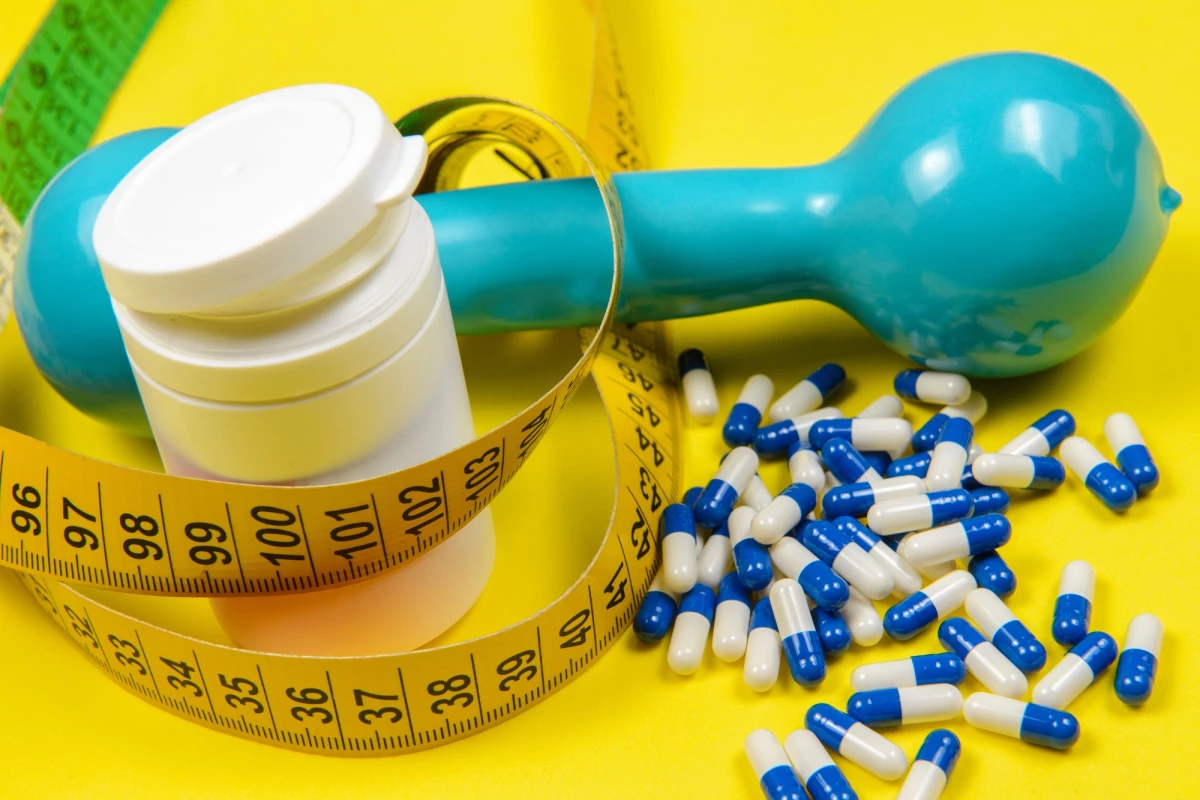New data presented at the recent European and International Congress on Obesity suggests testosterone therapy may be a helpful treatment for some men suffering from obesity. The research finds long-term testosterone therapy can, in some cases, be as effective as bariatric surgery in morbidly obese subjects.
Low testosterone levels have consistently been detected in severely obese men, and obesity has also been noted as a common symptom of hypogonadism, a clinically diagnosed condition where men cannot produce average levels of testosterone. This complicated bidirectional relationship between obesity and low testosterone has been referred to as a “vicious cycle” by some researchers.
Farid Saad, from the UAE’s Gulf Medical University School of Medicine, has been investigating the relationship between testosterone and obesity for over a decade. His latest research examines 15 years of data from a German registry tracking men with hypogonadism.
Saad and his colleagues looked at data from 471 obese men with hypogonadism, 276 of whom received long-term testosterone therapy, while 195 chose not to undergo hormone treatments, thus serving as a functional control group.
Across a follow-up period of about eight years, the data shows the testosterone group dropping 23 kg (50 lb) in weight, on average. The men in the control group not receiving testosterone therapy showed an average increase in weight of 6 kg (13 lb).
Waist circumference, body mass index, and visceral fat measurements all improved in the testosterone group compared to the control. Even more strikingly, the overall mortality rate of the testosterone group was significantly lower than the control by the end of the follow-up period: 7.6 percent vs 32.3 percent. Plus, over 20 percent of men in the control group developed type 2 diabetes across the study period, whereas no men in the testosterone group developed the metabolic disorder over the same timeframe.
"Long-term testosterone therapy in hypogonadal men resulted in profound and sustained weight loss which may have contributed to reductions in mortality and cardiovascular events,” says Saad. “Untreated men with hypogonadism gained weight."
Zooming in on those most obese subjects, the researchers found 76 men could be classified in the highest risk “class 3” category of obesity. This category is occasionally referred to as “morbid” obesity, and bariatric surgery is often recommended as an effective treatment.
Of the 76 men in this category, 59 received testosterone therapy, and the remaining 17 served as controls. In this sub-group, the testosterone cohort lost an average of 30 kg (66 lb), while the control group gained an average of 5 kg (11 lb). Saad notes the weight loss and general metabolic improvements seen in this morbidly obese cohort following long-term testosterone therapy resemble benefits seen with bariatric surgery, suggesting this may be a useful alternative treatment option.
"Long-term testosterone therapy in men with hypogonadism and the most severe level of obesity resulted in profound and sustained weight loss in a magnitude comparable to that achieved with metabolic (obesity) surgery,” says Saad. “Side effects and complications may be in favor of testosterone therapy.”
These results of course need broader validation before testosterone therapy can be widely recommended as a treatment for obesity in men. The data gathered in this new research is limited to a very specific cohort of older men with clinically diagnosed hypogonadism.
The new research was recently presented at the European and International Congress on Obesity.
Source: European Association for the Study of Obesity via Eurekalert




